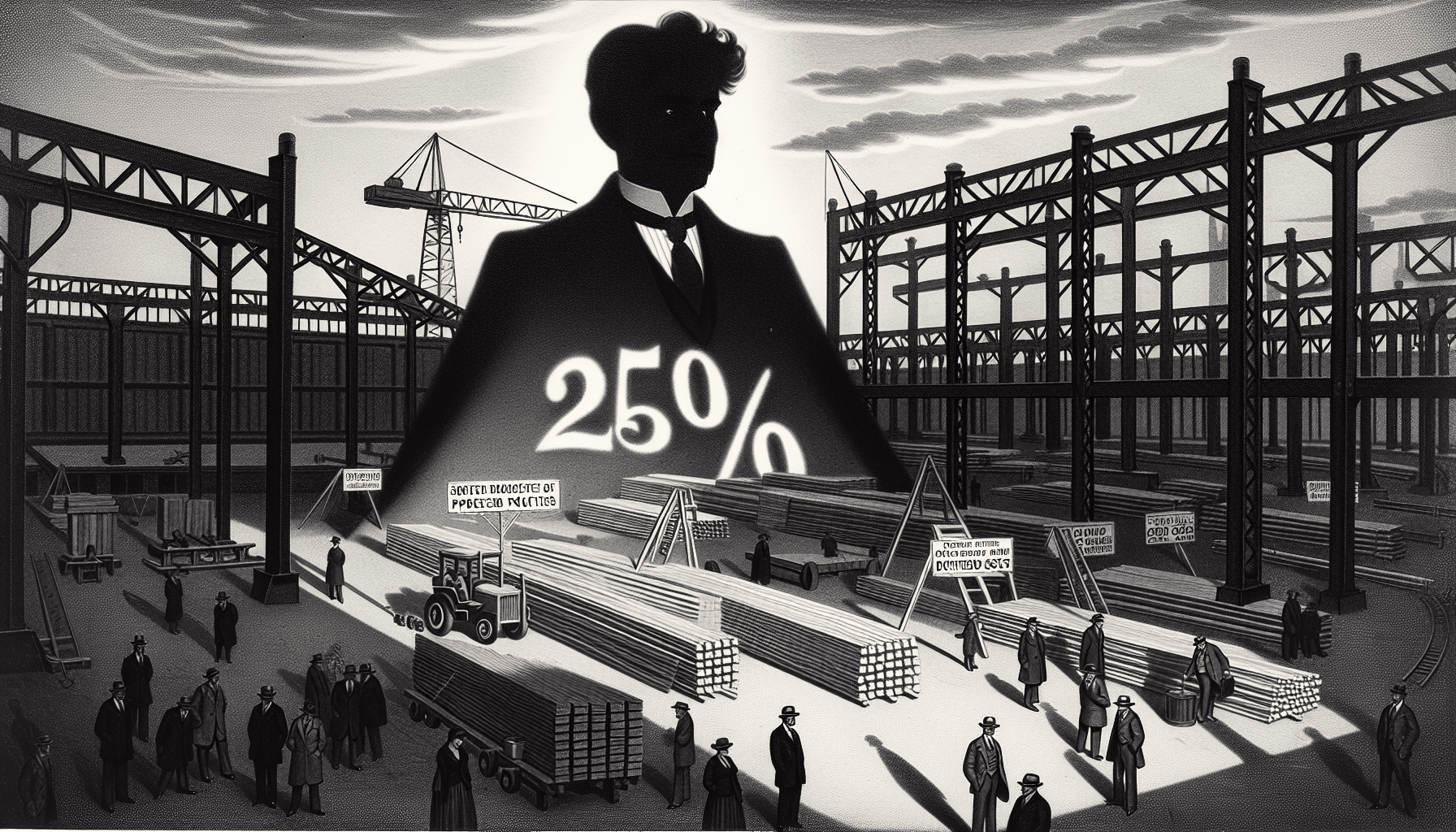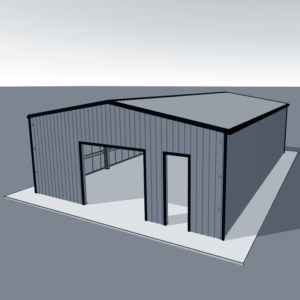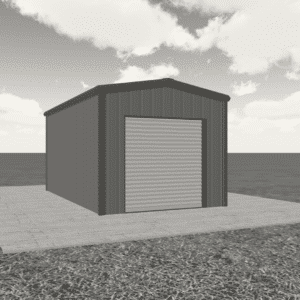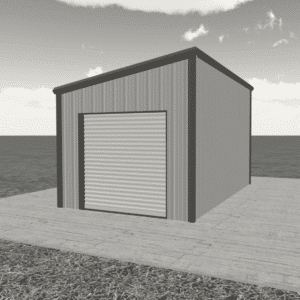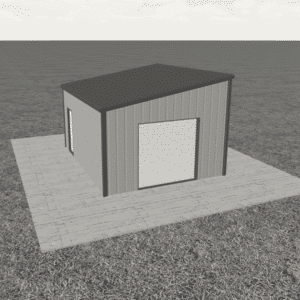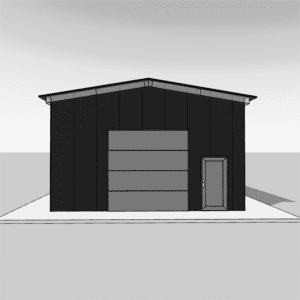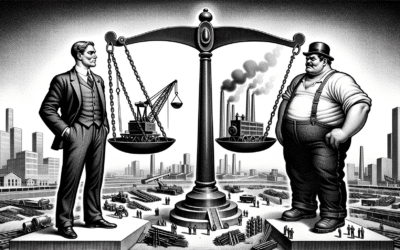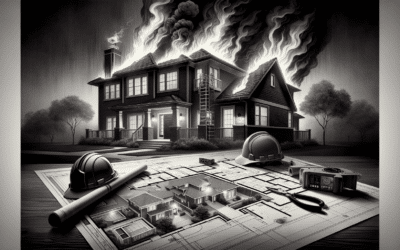Potential 25% Tariffs on Canada: Implications on Construction and Real Estate Industry
Tensions are mounting as President-elect, Donald Trump mulls over imposing a hefty 25% tariff on Canadian goods. While his administration has assured that no such action will be taken on his first day, the possibilities for February remain. But what does this mean for the Canadian construction and real estate industry? Let’s delve deeper into understanding the situation and potential fallout.
Trump’s Trade Maneuver: An Overview

President-elect Donald Trump has been hinting at imposing tariffs on several countries, including NAFTA partners, Canada, and Mexico. But as per the latest events, it seems that Canada has been singled out for an early tariff imposition. This has sent shockwaves among industries that rely heavily on cross-border trade such as construction and real estate, prompting business leaders and stakeholders to brace for potential impact.
The Implications on Canada’s Construction Industry
A significant tariff like this could shake the core of several industries. But among the hardest hit will be the construction industry. A significant percentage of building materials such as softwood lumber, steel, and aluminum are imported from the U.S. If these materials become more expensive, the overhead cost of construction would inevitably increase, impacting both contractors and clients alike.
Moreover, the implications do not stop at rising costs. This sudden surge in demand for domestic production might overwhelm Canadian manufacturers. And in a scenario where demand surpasses supply, the shortage of materials could stall construction projects nationwide. You can read more about this on our building locations like Quebec and Ontario.
Boosting Local Industry: A Silver Lining?
On the brighter side, this sudden surge in demand for domestic goods may also act as a catalyst for Canadian steel building construction. Instead of viewing this as a potential crutch, local industries could use this as an opportunity to boost domestic production and strengthen the Canadian steel building market. To know more about how we are contributing to this cause, visit Your Building Team.
Potential Fallout on the Real Estate Market
The real estate industry, intricately linked with construction, is on the edge as the fog of uncertainty hangs heavy. As construction costs hike, developers might be forced to pass this burden onto buyers, inflating the property prices and potentially cooling down the market’s sentiments.
Moreover, for the commercial real estate segment, a tariff war could result in reduced cross-border investments, impacting the market at large. However, some analysts opine that a potential drop in foreign investment could create opportunities for domestic buyers to enter the market.
Conclusion: Bracing for Impact
The President’s suggested tariffs, though looming, are not set in stone. Regardless, the possibility has sent a ripple of uncertainty throughout the construction and real estate industry in Canada, fearfully anticipating the ripple effects. The situation merits close observation, and as actors in this industry, we must brace ourselves to navigate through potential challenges while strategically seizing any opportunity that arises.
We’d love to hear your thoughts on this matter. Feel free to share your perspective in the comments section or ask us any questions related to this topic. Stay tuned for more updates.
For more detailed information, please refer to the original news source here.


